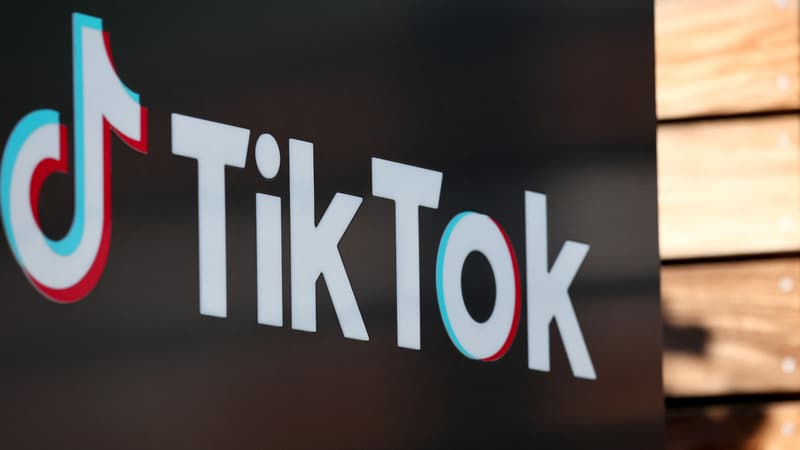TikTok, the popular teen video-sharing app, has been fined 5 million euros in France for not allowing users of its website to simply reject cookies, the Cnil company, the French personal data police, announced on Thursday.
Cookies are computer trackers that are used to track the behavior of Internet users and serve targeted advertising. “The controls were only related to the Tiktok website (…) and not to the mobile application,” the Information Technology and Liberties Commission (Cnil), which pronounced the sanction at the end of 2022, specified in a press release.
A “former” and “modified” practice according to TikTok
Since the publication of its new cookie guidelines in 2020, the Cnil requires that sites that use cookies offer a button that allows them to reject your deposit as easily as accepting them. “Making the rejection mechanism more complex actually amounts to dissuading users from rejecting cookies and encouraging them to favor the ease of the ‘Accept All’ button,” the authority considers.
TikTok, which belongs to the Chinese tech giant Bytedance (officially registered in the Cayman Islands), is the latest foreign group identified by the CNIL as part of a major control campaign launched in spring 2021. Google, Meta (Facebook), Amazon , Microsoft and recently Apple have been sanctioned by the authority for a total amount of about 400 million euros.
New coup for the social network
The Tiktok application is highly criticized in the United States, where it is blocked on the devices of officials, on suspicion of espionage for the benefit of China, in a context of trade tensions between Washington and Beijing.
On the other side of the Atlantic, the social network is in the crosshairs of the Irish Data Protection Authority (DPC), which has informed its European counterparts of two draft sanctions aimed at infringements in the processing of personal data from minors and on the transfer of data to China. These sanctions could be imposed in the first half of 2023.
Finally, the video-sharing application is criticized by politicians for its content moderation considered too lax and the addiction it would arouse among the youngest.
Source: BFM TV


